“The Most Effective Mask Was The Fitted N95. Three-layer Surgical Masks And Cotton Masks, Which Many
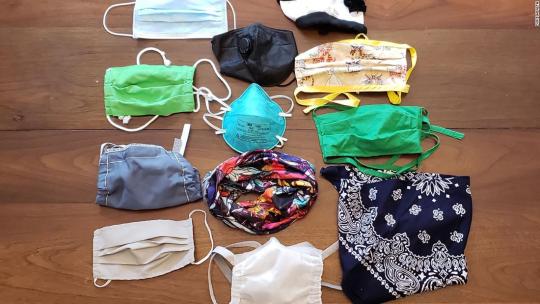
“The most effective mask was the fitted N95. Three-layer surgical masks and cotton masks, which many people have been making at home, also performed well.
Neck fleeces, also called gaiter masks and often used by runners, were the least effective. In fact, wearing a fleece mask resulted in a higher number of respiratory droplets because the material seemed to break down larger droplets into smaller particles that are more easily carried away with air. Folded bandanas and knitted masks also performed poorly and did not offer much protection.”
More Posts from Tiffanymary2018 and Others
reminder that this blog, while not politically focused, supports BLM. bootlickers and racists aren’t welcome here, and never will be.

please stop reblogging sylvia plath poetry

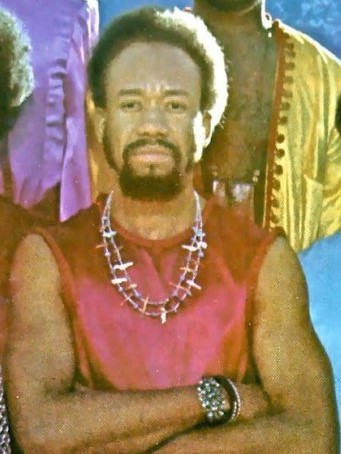


DO YOU REMEMBER
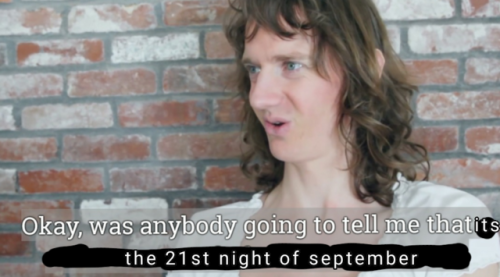
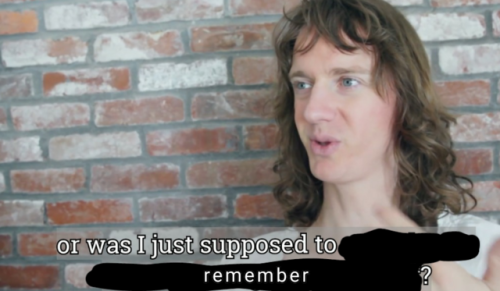
Do you remember?
reminder that biden wants to:
raise the minimum wage to $15 an hour
scrap past marijuana convictions
make college free for two years
increase the pay for teachers, particularly in underfunded schools
significantly increase taxes on the rich (both direct wealth taxes along with additional taxes on major corporations)
have universal background checks for firearm purchases
get us back into the paris agreement in order to switch to clean energy by 2035 (and his plan has been outlined already and the first few steps have been specified)
end the cocaine sentencing disparity (as it is deeply racist)
abolish the death penalty
support a government mandated 12 weeks of paid family leave for workers
eliminate private prisons
this man fully acknowledges the science behind climate change (unlike trump), wants to work to fix certain racist elements in american society (unlike trump), supports the lower and middle classes (unlike trump), is willing to put his money where his mouth is (unlike trump), and isn’t a full on fascist that ignores the global pandemic and takes the side of neo-nazis and white supremacists (unlike trump). biden is miles better than trump. is he the ideal candidate? no, but he is willing to work towards making the USA a more progressive place and that is the first step we need to take. vote blue.
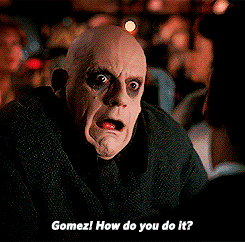
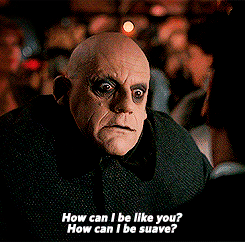
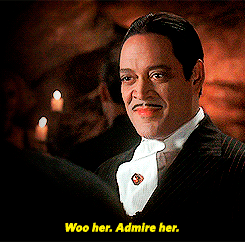
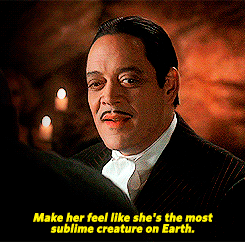
Representation - Why It Matters


“They look like Ainu people,” my grandma had commented as I showed her Princess Mononoke. I had never heard of the Ainu people before. I asked her who the Ainu are, and she said, “they’re like Japanese Indians,” meaning Native Americans. “Mountain people.”
After we finished the movie I immediately went to Google to look up the Ainu. My grandma was right, on some level. The pictures I saw of their garments, their houses, their salmon culture, their faces… it all reminded me so much of the tribal culture I grew up around in Seattle and the Pacific Northwest.
I told my mom what my grandma had said about the Ainu, and my mom said, “oh yeah. Grandma is Ainu.” Whaaaaaaaat? Apparently at one point my grandma had gone back to Hokkaido to visit family, and she brought back all of these unusual souvenirs. Wood carved bears and wood carved bearded people, a mirror with a wood carved woman’s face, and other little things that had always been a part of our household. The little knickknacks that are never questioned, but are some how just kind of always there. I didn’t know that they had come from Japan, and I certainly didn’t know they were Ainu souvenirs.
Of course, my mom didn’t have the internet at her disposal in the 70s, and at the time misunderstood what it meant to be Ainu. She assumed that Ainu was a general term for people from Hokkaido, as opposed to a specific ethnic group. My grandma denied being Ainu, having grown up Wajin, but my grandpa seemed to suspect otherwise. “Sayuri, I don’t know why you deny your heratige. Of course you’re Ainu, look at your big mountain feet!” my grandpa would tease.
The more I read about the Ainu and their history, and the more I looked into my own family history, the more questions that had always nagged at my family seemed to be answered. The question of why we were always so different.
This whole journey started with a movie. Prince Ashitaka is Emishi, and there’s a lot of complicated history about the relation between Ainu and Emishi, but the point is would I have ever learned learned anything about my family background if this culture had never shown up on screen?
People who see themselves and their culture represented all the time take for granted what that can mean. For some people, it’s literally life changing.
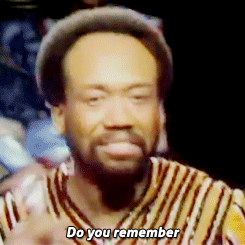
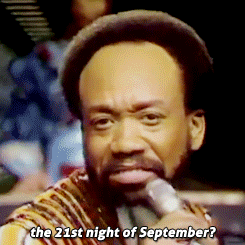
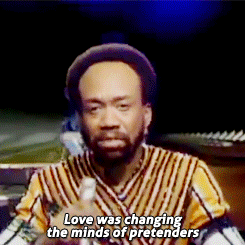
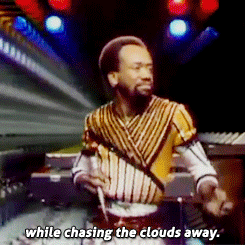
-
 freak-fox0003 reblogged this · 3 years ago
freak-fox0003 reblogged this · 3 years ago -
 freak-fox0003 liked this · 3 years ago
freak-fox0003 liked this · 3 years ago -
 celeste-tyrrell liked this · 3 years ago
celeste-tyrrell liked this · 3 years ago -
 fag-lore liked this · 3 years ago
fag-lore liked this · 3 years ago -
 anxious-gryffindor liked this · 3 years ago
anxious-gryffindor liked this · 3 years ago -
 extremelybears liked this · 3 years ago
extremelybears liked this · 3 years ago -
 insufferablebard liked this · 4 years ago
insufferablebard liked this · 4 years ago -
 khaosandbees liked this · 4 years ago
khaosandbees liked this · 4 years ago -
 queenfoster reblogged this · 4 years ago
queenfoster reblogged this · 4 years ago -
 queenfoster liked this · 4 years ago
queenfoster liked this · 4 years ago -
 vefanyar liked this · 4 years ago
vefanyar liked this · 4 years ago -
 lilac-buttons liked this · 4 years ago
lilac-buttons liked this · 4 years ago -
 booska reblogged this · 4 years ago
booska reblogged this · 4 years ago -
 stripedroseandsketchpads reblogged this · 4 years ago
stripedroseandsketchpads reblogged this · 4 years ago -
 mewnola reblogged this · 4 years ago
mewnola reblogged this · 4 years ago -
 holyhellbender reblogged this · 4 years ago
holyhellbender reblogged this · 4 years ago -
 holyhellbender liked this · 4 years ago
holyhellbender liked this · 4 years ago -
 playnekid reblogged this · 4 years ago
playnekid reblogged this · 4 years ago -
 revyourharleyquinn reblogged this · 4 years ago
revyourharleyquinn reblogged this · 4 years ago -
 ausyte liked this · 4 years ago
ausyte liked this · 4 years ago -
 22yearstogether liked this · 4 years ago
22yearstogether liked this · 4 years ago -
 rainbowsandthings liked this · 4 years ago
rainbowsandthings liked this · 4 years ago -
 music-maiden reblogged this · 4 years ago
music-maiden reblogged this · 4 years ago -
 macaroni-rascal reblogged this · 4 years ago
macaroni-rascal reblogged this · 4 years ago -
 tisaqueen reblogged this · 4 years ago
tisaqueen reblogged this · 4 years ago -
 temporary-hamlet reblogged this · 4 years ago
temporary-hamlet reblogged this · 4 years ago -
 megantron13 liked this · 4 years ago
megantron13 liked this · 4 years ago -
 thenerdy-1 reblogged this · 4 years ago
thenerdy-1 reblogged this · 4 years ago -
 pandoricavi liked this · 4 years ago
pandoricavi liked this · 4 years ago -
 sincerevioletdragonfly reblogged this · 4 years ago
sincerevioletdragonfly reblogged this · 4 years ago -
 lvmvjfjhdhjffuf-blog liked this · 4 years ago
lvmvjfjhdhjffuf-blog liked this · 4 years ago -
 i-darkling liked this · 4 years ago
i-darkling liked this · 4 years ago -
 xxriverspirit reblogged this · 4 years ago
xxriverspirit reblogged this · 4 years ago -
 xxriverspirit liked this · 4 years ago
xxriverspirit liked this · 4 years ago
